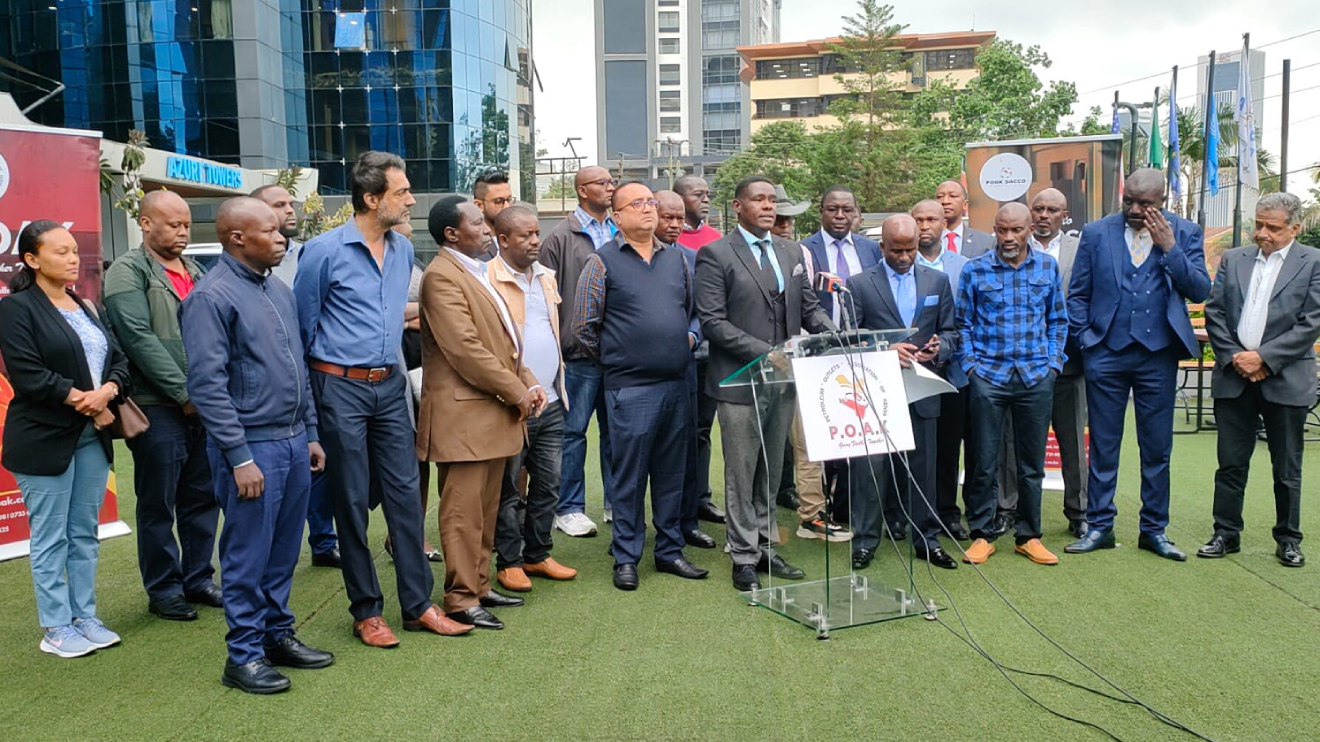The Petroleum Outlets Association of Kenya (POAK) has voiced significant concerns over certain proposals in the newly unveiled Finance Bill 2024, emphasising potential detrimental impacts on the petroleum industry.
In a statement issued on Wednesday, POAK acknowledged the government’s intent to generate revenue to address pressing financial obligations.
However, the association underscored its strong objections to specific clauses that it believes will adversely affect the petroleum sector.
The recent Economic Survey 2024 from the Kenya National Bureau of Statistics highlights a notable downturn in the petroleum sector over the past 24 months, primarily driven by rising prices.
During this period, petroleum importation fell by 27.2 per cent, while exports of petroleum products dropped by 38 per cent.
Read More
Given that petroleum is a volume-driven industry, POAK argues that these declines have had a ripple effect throughout the supply chain.
"Petroleum pricing is controlled by the Energy & Petroleum Regulatory Authority. The allowable margins were last reviewed in 2018 and although the costs of doing business have almost doubled, the margins have remained stagnant," POAK stated.
The association has pinpointed three major proposals in the Finance Bill 2024 that it finds particularly troubling:
Motor Vehicle Tax: The proposed 2.5 per cent tax on motor vehicles is expected to substantially increase the insurance premiums for delivery trucks.
Given that transport margins are set by EPRA, the association questions how transporters will manage the increased costs.
"Since the margin offered for transport is determined by EPRA, how will transporters afford this tax?" POAK questioned.
ETIMs Penalty: The bill includes a Sh2,000,000 monthly penalty for businesses that have not fully integrated with the Electronic Tax Invoice Management System (ETIMs). POAK described this as "inconsiderate & out of touch with reality," citing significant user experience challenges with the system despite the sector’s proactive compliance efforts.
Withholding VAT on Petroleum Products: The introduction of a 2 per cent Withholding VAT on taxable supplies is another contentious point.
POAK highlighted that "cash flows are the lifeblood of the business" in the capital-intensive but low-margin petroleum sector. This VAT would effectively tie up more than the profits of businesses, severely impacting B2B wholesalers.
POAK expressed its eagerness to engage in the Public Participation phase of the Finance Bill, hoping for a more responsive approach to the industry's feedback. "A more collaborative and non-punitive approach needs to be employed to support the taxpayer," the statement concluded.
The association remains optimistic that policymakers will heed the concerns of market players to foster a more sustainable business environment.



 shares a light moment with the company's Group CEO Dr Patrick Tumbo (right) at a past event-1758121528.jpeg)
-1758116028.jpeg)



